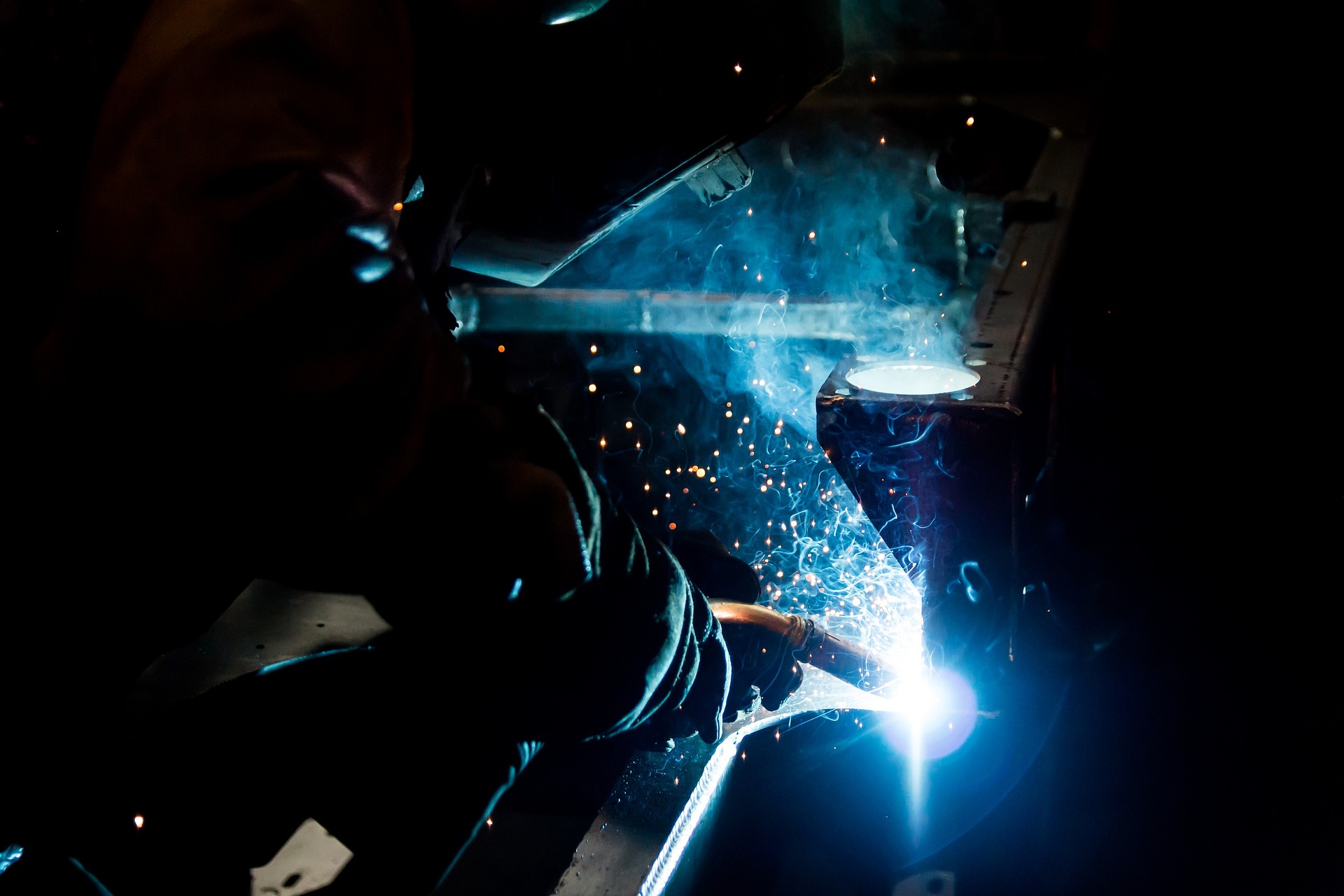Welding Careers: Lucrative Opportunities in a Growing Industry
Discover the dynamic world of welding careers, where skilled professionals are in high demand across various sectors. From construction to aerospace, welders play a crucial role in shaping our modern world. This article delves into the diverse job prospects, essential skills, and promising career paths for those considering welding as a profession. Learn how to forge a successful future in this rewarding and ever-evolving field.

The welding industry offers a wealth of opportunities for skilled professionals across numerous sectors. As technology advances and infrastructure needs grow, the demand for qualified welders continues to rise. This article explores the diverse landscape of welding careers, highlighting key roles, required skills, and potential growth paths for aspiring welders.
Diverse Career Paths in Welding
Welding professionals can find employment in various industries, each offering unique challenges and rewards:
-
Construction Welders: These specialists work on building sites, contributing to the creation of structures ranging from residential homes to towering skyscrapers. They play a crucial role in ensuring the structural integrity of buildings and bridges.
-
Industrial Fabricators: Employed in manufacturing settings, these welders craft and assemble a wide array of products, from heavy machinery to consumer goods. Their expertise is essential in maintaining production efficiency and product quality.
-
Energy Sector Welders: Specializing in pipeline construction and maintenance, these professionals often work in remote locations, joining pipes for oil, gas, and renewable energy infrastructure. Their work is critical for maintaining energy supply chains.
-
Aerospace Welding Technicians: Working with cutting-edge materials and precision techniques, these experts contribute to the production of aircraft, spacecraft, and satellite components. Their work demands the highest levels of accuracy and attention to detail.
-
Marine Welders: Combining diving skills with welding expertise, these specialists perform underwater welding tasks for shipyards, offshore platforms, and underwater pipelines. This challenging role requires a unique blend of aquatic and technical skills.
Essential Skills and Qualifications
Success in the welding field requires a combination of technical prowess, physical capabilities, and personal attributes:
-
Welding Techniques: Mastery of various welding methods, including MIG (Metal Inert Gas), TIG (Tungsten Inert Gas), and stick welding, is fundamental.
-
Technical Drawing Interpretation: The ability to read and understand blueprints and technical specifications is crucial for accurate project execution.
-
Safety Consciousness: A thorough understanding of safety protocols and consistent adherence to them is non-negotiable in this potentially hazardous field.
-
Physical Endurance: Welding often involves working in challenging positions and environments, requiring good physical condition and stamina.
-
Precision and Attention to Detail: The quality of welding work can have significant implications for structural integrity, making meticulous attention to detail essential.
-
Industry Certifications: Many employers prefer or require certifications from recognized bodies like the American Welding Society (AWS), which validate a welder’s skills and knowledge.
Tools of the Trade
Welders rely on a variety of specialized equipment to perform their tasks effectively and safely:
-
Welding Machines: These are the primary tools, generating the heat necessary for joining metals. Different types cater to various welding techniques.
-
Personal Protective Equipment (PPE): Safety gear, including welding helmets, flame-resistant clothing, and specialized gloves, is crucial for protecting against hazards.
-
Material Preparation Tools: Equipment such as plasma cutters, oxy-fuel torches, and angle grinders are used to prepare materials and finish welded joints.
-
Precision Instruments: Tools like calipers, levels, and squares ensure accurate measurements and alignments.
-
Consumables: Various welding rods, wires, and electrodes are used depending on the specific welding process and materials being joined.
Job Market Outlook
The employment landscape for welding professionals remains positive, driven by several factors:
-
Infrastructure Investment: Ongoing construction and maintenance of bridges, buildings, and energy infrastructure create a steady demand for welders.
-
Manufacturing Evolution: As production processes advance, skilled welders remain indispensable in creating a wide range of products.
-
Workforce Turnover: The retirement of experienced welders opens opportunities for new professionals to enter and advance in the field.
-
Technological Integration: While automation has impacted some aspects of welding, there’s a growing need for welders who can operate and maintain advanced equipment.
Career Advancement Opportunities
Welding offers various paths for professional growth and advancement:
-
Specialization: Focusing on niche areas like aerospace or underwater welding can lead to higher-paying positions and unique career opportunities.
-
Leadership Roles: Experienced welders can progress to supervisory positions, project management, or quality control roles, leveraging their expertise to guide teams and ensure project success.
-
Education and Training: Some welders transition into teaching roles at vocational schools or conducting corporate training programs, sharing their knowledge with the next generation of welders.
-
Entrepreneurship: With experience and business acumen, welders can establish their own welding businesses or contracting services, offering specialized skills to various industries.
-
Engineering and Innovation: Some welders pursue further education to become welding engineers or designers, contributing to the development of new welding technologies and techniques.
The welding profession offers a diverse range of opportunities for those seeking a hands-on, skilled trade with significant growth potential. As industries evolve and infrastructure needs expand, the demand for skilled welders is expected to remain strong. With the right training, certifications, and experience, welding professionals can forge rewarding careers, contributing to the backbone of modern manufacturing and construction while enjoying stability and opportunities for advancement in this dynamic field.






